Ever looked at a menu and wondered, “Is this veggie burger actually vegan?” You’re not alone!
Many people assume they’re the same, but there’s a key difference.
So, before you take a bite, let’s break down what sets them apart. Whether you’re vegan, plant-based, or just curious.
Let’s dive into it!
Vegan Burgers vs. Veggie Burgers: The Basics

At first, vegan and veggie burgers might look the same. Both use plant-based ingredients like beans, lentils, grains, and vegetables.
However, the key difference is in the details.
Vegan burgers are 100% plant-based, meaning no animal products—no eggs, dairy, or honey. Everything from the patty to the bun and toppings must be free of animal-derived ingredients.
Veggie burgers, on the other hand, are not always vegan. Some contain cheese, eggs, or milk-based binders. Even if the patty is plant-based, the toppings and bun might not be.
That’s why checking ingredients is essential for vegans.
Key Ingredient Differences
Vegan and veggie burgers share a lot of the same core ingredients—beans, grains, and vegetables.
But the real differences come down to specific ingredients that make a burger fully vegan or not.
Buns
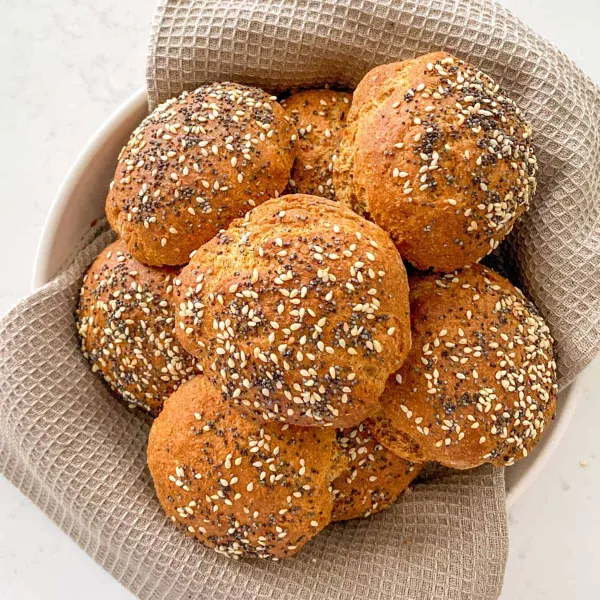
- Vegan burgers use plant-based buns made without dairy or eggs. Many are made with almond milk, soy milk, or flaxseed instead of traditional ingredients.
- Veggie burgers, however, are often served on brioche buns, which contain butter, eggs, or milk. That soft, slightly sweet texture comes from dairy, making it non-vegan.
Cheese
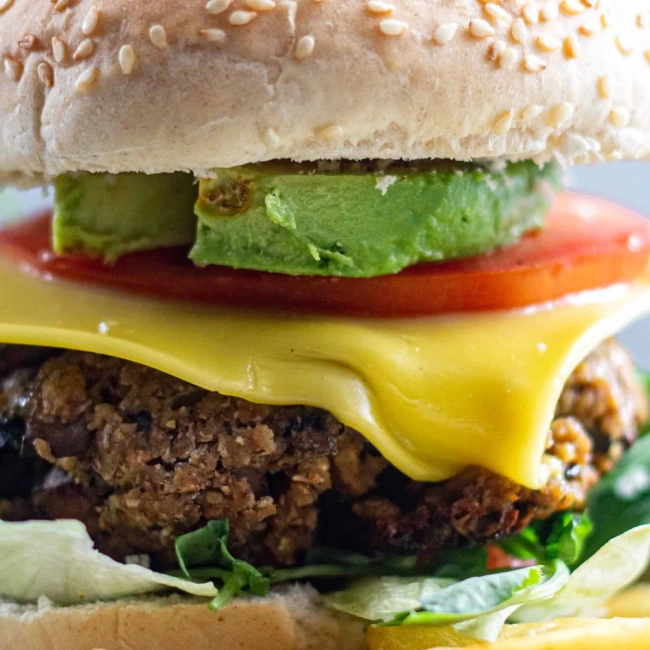
- Vegan burgers skip dairy and use plant-based cheese made from cashews, soy, or coconut. These alternatives have come a long way and can now melt and stretch like traditional cheese.
- Veggie burgers often come with real cheese—cheddar, Swiss, or mozzarella—since they aren’t strictly plant-based. This makes them unsuitable for vegans.
Mayonnaise
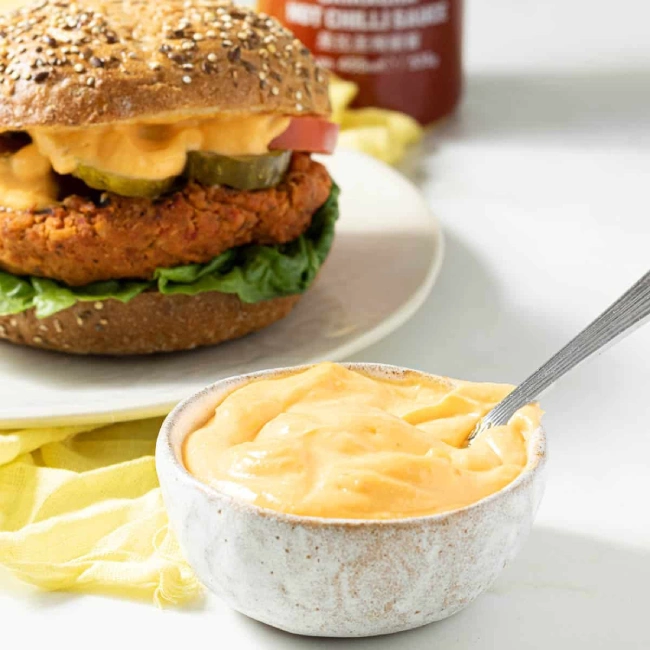
- Vegan burgers use egg-free mayonnaise, typically made from plant-based oils, soy protein, or aquafaba (chickpea water). It’s just as creamy but completely vegan.
- Veggie burgers usually come with traditional mayo, which contains eggs. Since eggs are an animal product, this makes regular mayo a no-go for vegans.
Burger Sauce
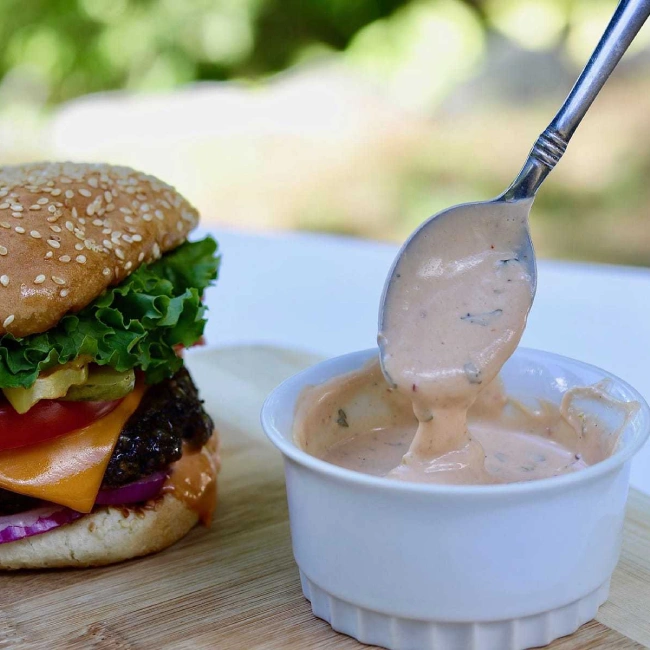
- Vegan burger sauces rely on cashew cream, coconut milk, or other dairy-free bases to create a rich, creamy texture. Many use nutritional yeast for extra flavor.
- Veggie burgers, on the other hand, often include sauces made with buttermilk, cream, or even cheese. These dairy-based ingredients make them unsuitable for vegans.
Patty Binders
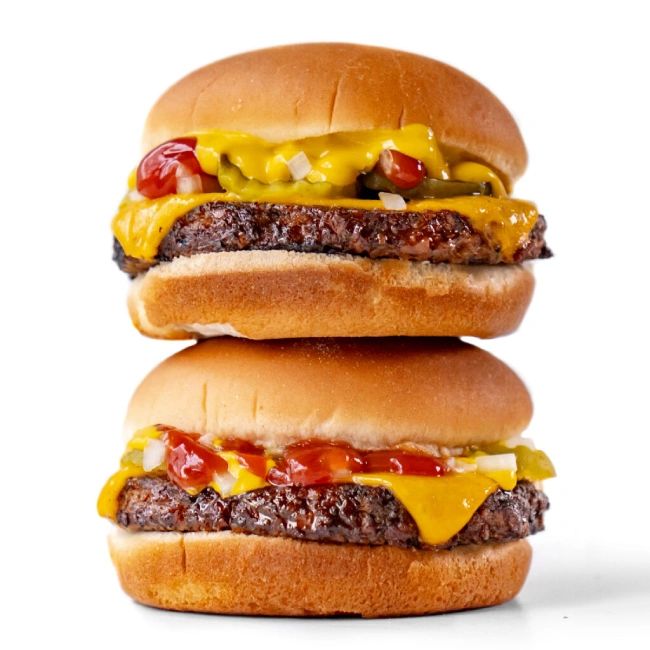
- Vegan burgers: To keep vegan burgers from falling apart, you need a plant-based binder. Good choices are flaxseed meal or chia seeds, which form a gel when mixed with water.
- Veggie burgers often use eggs or milk as a binder. Eggs help give structure to the patty, but that makes it non-vegan.
Special Considerations: Cooking Methods & Cross-Contamination
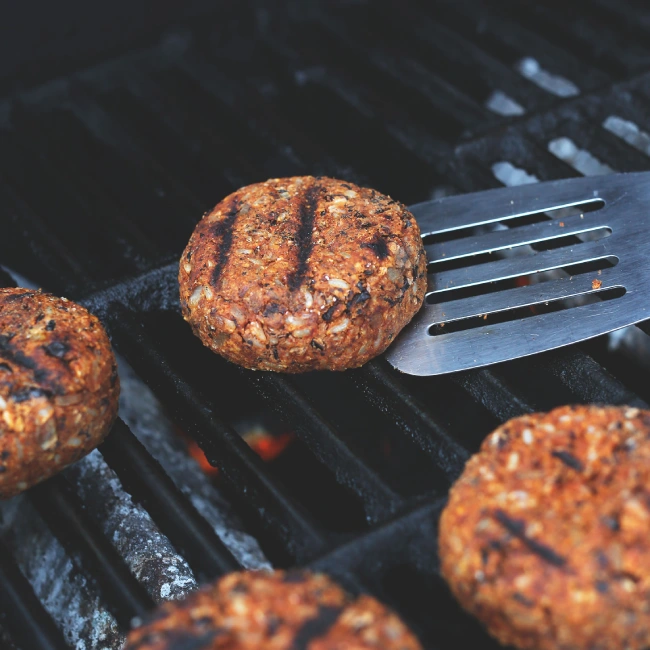
Even if a burger is labeled “vegan,” how it’s cooked matters. Some restaurants grill plant-based burgers on the same surface as meat.
A well-known example is Burger King’s Plant-Based Whopper—it’s made without animal products but cooked on the same grill as beef burgers, causing cross-contamination.
For strict vegans, this can be a deal-breaker. Some places do offer separate grills, but it’s always worth asking.
Fast-food chains and restaurants are becoming more mindful of vegan diets, but preparation methods still vary. If avoiding cross-contamination is important to you, be sure to double-check before ordering.
What to Do if You’re Vegan?
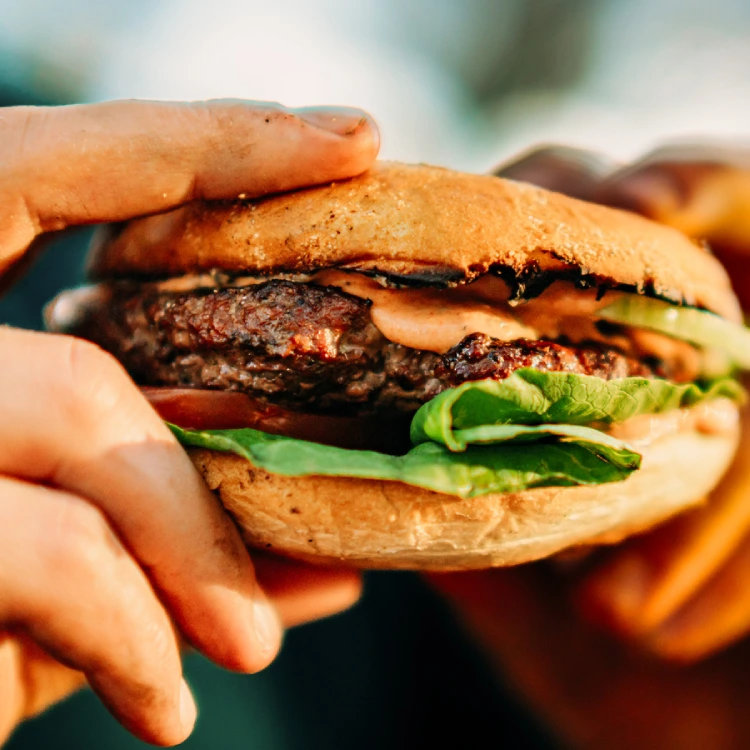
If you’re vegan, always check the ingredients before ordering. Just because a burger is plant-based doesn’t mean it’s fully vegan—buns, sauces, and cooking methods matter.
Ask how the burger is prepared. Some restaurants cook vegan patties on the same grill as meat, leading to cross-contamination. Request modifications like swapping a brioche bun for a vegan one or skipping cheese and mayo.
Consider making your own burgers at home for full control over ingredients. Many recipes use flaxseed, chickpeas, and plant based cheeses.
Lastly, support vegan-friendly restaurants that prioritize strict vegan preparation to ensure your meal aligns with your diet.

